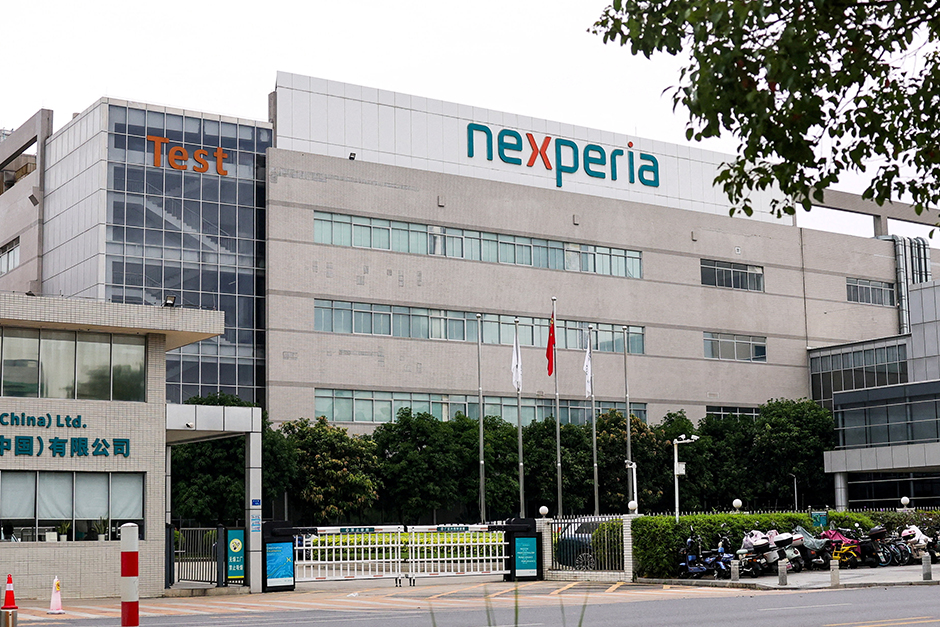The global race for technological supremacy and supply chain resilience just threw another curveball, and this time it landed squarely on the Netherlands. Recent news reveals that the Dutch government is hitting the brakes, pausing its involvement in Nexperia’s planned expansion. This isn’t just a bureaucratic hiccup; it’s a telling signal of the complex tightrope walk nations face when balancing economic opportunity with crucial national security interests, especially concerning vital industries like semiconductors.
The Geopolitical Currents Shaping Chipmaking
The semiconductor industry is no longer just about tiny components; it’s the bedrock of modern economies and a lynchpin of geopolitical power. Nations around the globe are scrambling to secure their chip supply chains, fueled by recent shortages and an ever-present awareness of potential vulnerabilities. When a company like Nexperia, with its deep roots in Dutch innovation and critical role in manufacturing, seeks to expand, it normally would be met with open arms. However, Nexperia’s ownership by a Chinese entity introduces a layer of complexity that modern governments simply cannot ignore.
The Dutch government’s decision to pause its involvement – which likely includes subsidies, permits, or other forms of state support – highlights a deepening global trend. Countries are scrutinizing foreign investments in strategic sectors with unprecedented rigor. It’s a delicate dance: welcoming foreign capital for growth and job creation versus safeguarding sensitive technology and infrastructure from potential control by rival states. This pause isn’t unique to the Netherlands; it reflects a broader, intensified debate playing out across Europe and beyond, as Western economies grapple with maintaining technological leadership and strategic autonomy.
National Security: The Unspoken Priority
Beneath the surface of economic development lies a growing imperative: national security. Semiconductors, used in everything from smartphones to defense systems, are unequivocally deemed a critical technology. Allowing unrestricted foreign influence or control over their production can raise legitimate concerns about data security, intellectual property theft, and even the potential for sabotage or disruption of supply in times of geopolitical tension. The Dutch Investment Screening Act, designed to review and potentially block investments that pose national security risks, is undoubtedly a key factor in this decision.
For many observers, this move by the government is a necessary recalibration. “We can’t afford to be naive about who controls our essential industries,” explains Dr. Anya Sharma, a simulated expert in technology policy. “In an increasingly interconnected yet fractured world, strategic autonomy isn’t a luxury; it’s a fundamental requirement for national resilience. Pausing the Nexperia involvement is a strong statement that the Netherlands prioritizes its long-term strategic interests over immediate economic gains in a sensitive sector.” This sentiment echoes a growing demand for governments to act decisively in protecting vital national assets.
What This Pause Signals for the Future
The temporary halt in government involvement with Nexperia’s expansion plans is more than just a bureaucratic deferral; it’s a powerful signal. It tells both domestic and international players that the Netherlands is serious about its strategic screening mechanisms and its commitment to safeguarding critical technology. For Nexperia, it means a period of uncertainty and potentially a re-evaluation of their expansion strategy without certain state supports. For other companies with foreign ownership eyeing expansion in the Netherlands or Europe, it serves as a clear warning that national security reviews are not mere formalities but serious considerations that can alter investment landscapes.
Ultimately, this decision underscores a profound shift in how nations view their industrial policy. The era of pure economic liberalism, where capital flowed freely irrespective of geopolitical origin, is evolving. We are entering an age where strategic foresight and national security are increasingly interwoven with economic policy, particularly in critical sectors like microelectronics. The Dutch government’s pause on Nexperia involvement is a clear manifestation of this new reality, forcing a careful consideration of who truly benefits when foreign capital meets domestic innovation.




